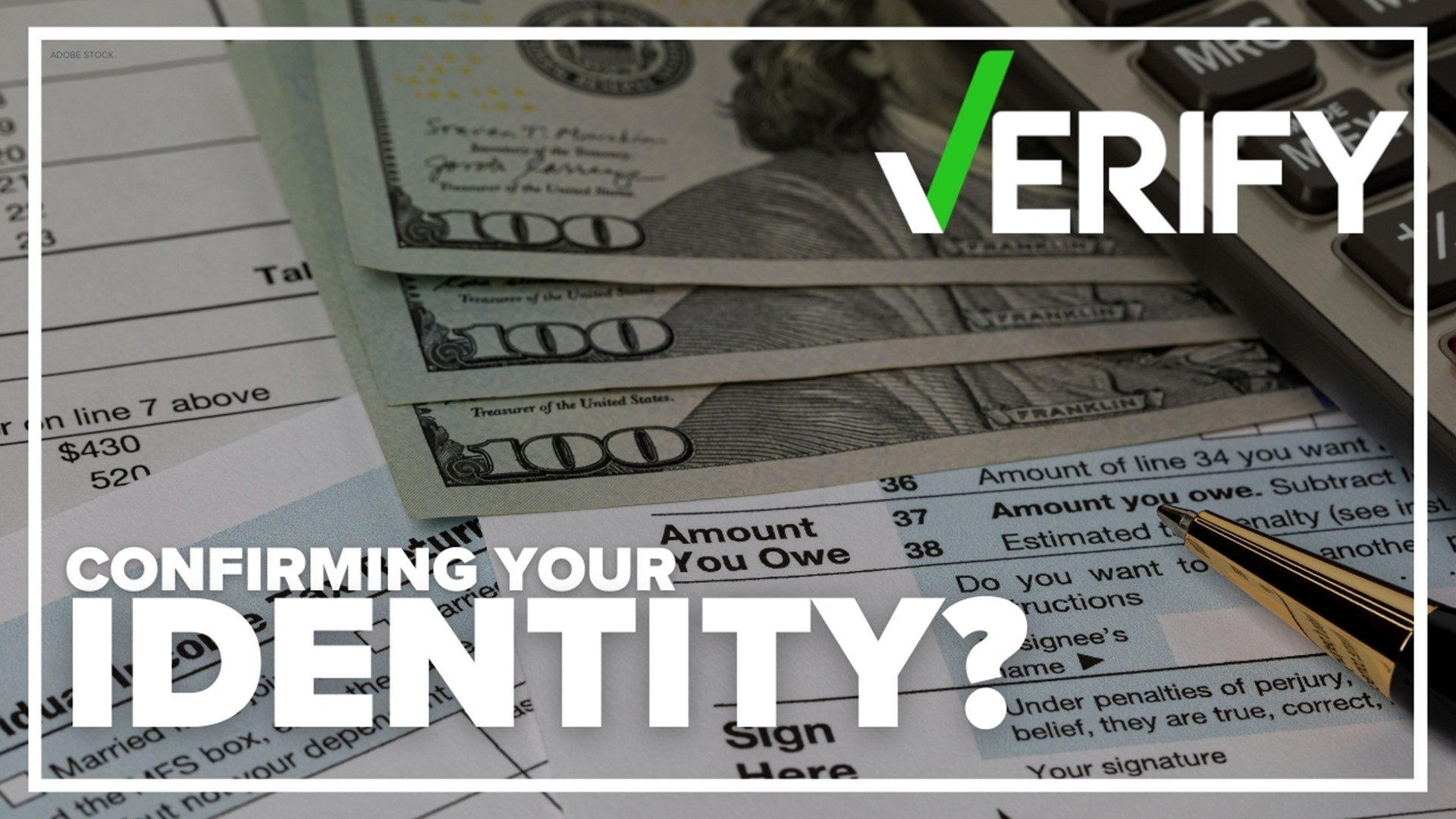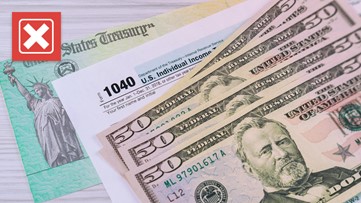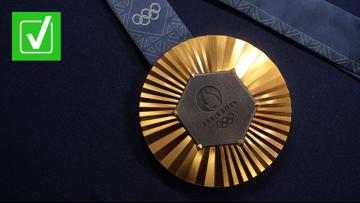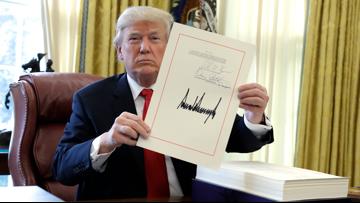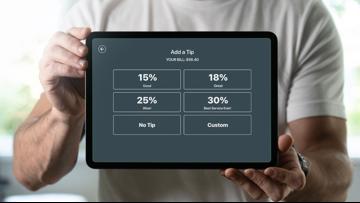CHARLOTTE, N.C. — Tax season has ended but many people are still receiving their refunds, especially if they filed their federal income taxes close to the April 18 deadline.
One WCNC Charlotte viewer said he received a letter from the IRS asking him to confirm his identity before receiving his refund. The man said he'd never been asked to do this before and wasn't sure if the IRS was really ask him to do that and why.
THE QUESTION
Can the IRS ask you to confirm your identity before your tax return is processed?
OUR SOURCES
THE ANSWER
Yes, the IRS can ask you to confirm your identity by sending you a letter before your tax return is processed.
WHAT WE FOUND
The IRS confirmed that it can and does ask taxpayers to verify their identity. The agency does this by sending out 5071C and 6331C letters.
"If you are listed on an ID theft database, if you filed an affidavit that your identity has been compromised, if you have already had a tax return filed under your name and a second one comes in, you can receive one of two letters," Steber said.
If you get one of these letters, according to the IRS website, the agency won't be able to process your tax return until you contact them. It may take up to nine weeks to receive your refund after they verify that it's actually you.
Steber told VERIFY that individuals can contact the IRS to verify their identity by calling the Taxpayer Protection Program hotline (the number is on letters mailed by the IRS) or by setting up an ID me account through the IRS.
"You have to provide some identity information, [such as] photographic ID," Steber said. "The government wants to Zoom in to make sure it's you."
Steber said the IRS won't call, text or email you, so if you get a similar request that way, it's a scam. You will only hear from the IRS through a letter delivered the old-fashioned way.
Contact Meghan Bragg at mbragg@wcnc.com and follow her on Facebook, Twitter and Instagram.
VERIFY is dedicated to helping the public distinguish between true and false information. The VERIFY team, with help from questions submitted by the audience, tracks the spread of stories or claims that need clarification or correction. Have something you want VERIFIED? Text us at 704-329-3600 or visit VERIFY.
